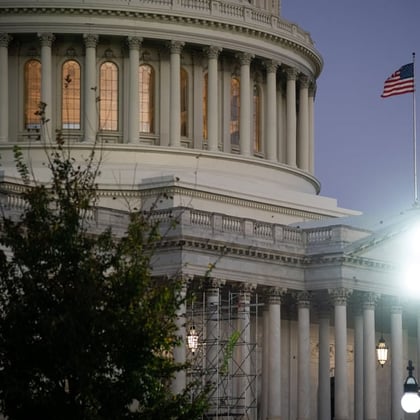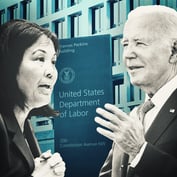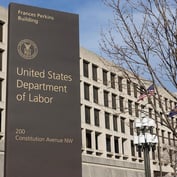The Senate Appropriations Committee plans to mark up Thursday the House GOP’s Labor, Health and Human Services, Education and Related Agencies bill, which contains a provision ensuring the Labor Department’s new independent contractor rule stays intact.
The bill’s Independent Contractor rider “would require that no funds be used to block” the rule, published in the final days of the Trump administration, according to Public Citizen, an advocacy group.
The bill language states: “No Federal funds may be made available to alter or affect the administration, implementation, or enforcement” of the final rule entitled ‘‘Independent Contractor Status Under the Fair Labor Standards Act,’’ passed on Jan. 7, 2021.
That rule, according to Public Citizen, “made it easier for employers to misclassify workers as independent contractors, removing them from minimum wage and other labor protections.”
Labor released last October a proposed rule that would replace the existing 2021 test under the Fair Labor Standards Act used to determine worker classification as either an independent contractor or an employee.
The rule, if finalized, would cause “independent financial advisors and firms to divert time and resources to defending their independent contractor classification,” the Financial Services Institute said at the time.
Public Citizen says the appropriations rider would also include any attempts to block the rule still being finalized by Labor designed to “replace the previous one with clearer protections from misclassification for workers.”








 July 25, 2023 at 09:41 PM
July 25, 2023 at 09:41 PM












 Copyright © 2024 ALM Global, LLC. All Rights Reserved.
Copyright © 2024 ALM Global, LLC. All Rights Reserved.